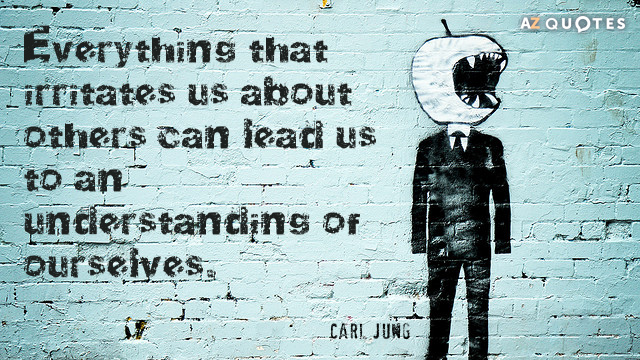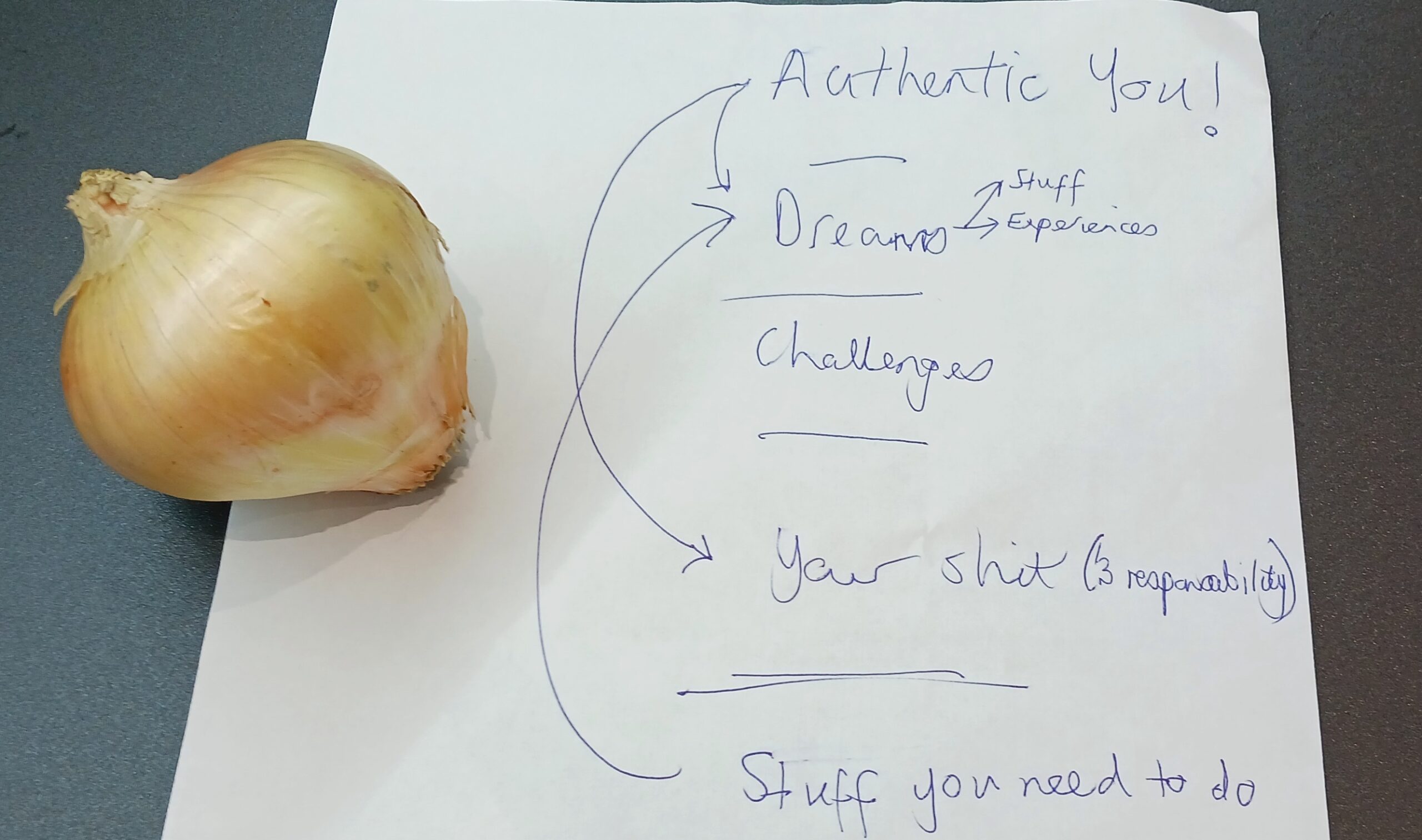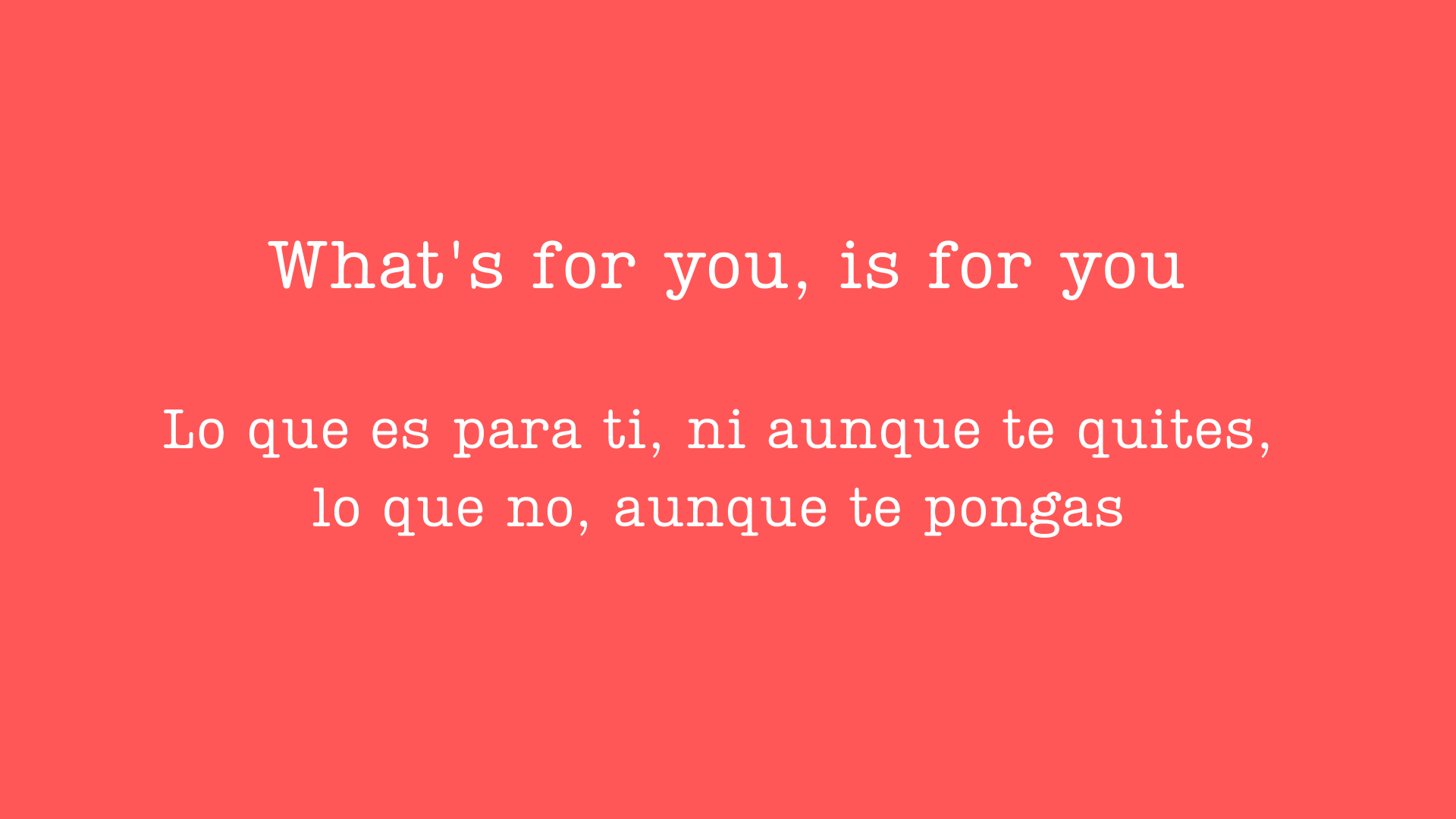Table of Contents
ToggleLast Updated on April 13, 2024 by Lisa
Self-awareness involves recognizing your thoughts, emotions, behaviors, strengths, weaknesses, and motivations.
But who cares? And more importantly why should you?
The bottom line is that by understanding yourself better, you gain insight into what drives you and can improve every area of your life.
Sounds too good to be true? It isn’t. But it also isn’t necessarily easy.
Why Self-awareness matters
-
Improved Decision-Making: When you are self-aware, you can make more informed and rational decisions. You are better equipped to assess situations objectively, consider your values and priorities, and align your choices with your long-term goals.
-
Healthy Relationships: Self-awareness enhances your interpersonal relationships. It helps you communicate more effectively, empathize with others, and understand their perspectives. This fosters healthier and more meaningful connections with friends, family, and colleagues.
-
Emotional Regulation: Being self-aware allows you to recognize and manage your emotions effectively. Instead of reacting impulsively to emotions like anger or stress, you can respond thoughtfully and constructively, which reduces conflicts and improves your mental well-being.
-
Personal Growth and Development: Self-awareness is the foundation of personal growth. By acknowledging your areas for improvement, you can take actionable steps to develop new skills, overcome challenges, and reach your full potential.
-
Building Resilience: Understanding your strengths and weaknesses enables you to build resilience. You can leverage your strengths to tackle obstacles and work on your weaknesses to become more adaptable and resourceful in the face of adversity.
-
Authenticity and Self-acceptance: Self-awareness encourages self-acceptance and authenticity. By knowing who you truly are and embracing it, you can live a more genuine life, which leads to greater satisfaction and fulfillment.
-
Empowerment: Knowing yourself empowers you to take control of your life. You become less influenced by external factors and more focused on your inner compass, allowing you to steer your life in the direction you desire.
-
Effective Leadership: Self-awareness is a critical trait of successful leaders. Leaders who understand their strengths and weaknesses can make better decisions, communicate more effectively with their teams, and create a positive and motivating work environment.
-
Stress Reduction: Being self-aware helps you identify stress triggers and signs of burnout. This awareness enables you to take proactive steps to manage stress, prioritize self-care, and maintain a healthy work-life balance.
The 5 steps to self-awareness
I only write things I’ve experienced and it was only from doing this exercise myself that I came up with these 5 steps. You won’t find these on any other blog or article because A) I didn’t take it from ChatGPT and B) I don’t generally follow the approaches of others unless I’ve tried it myself.
So these 5 steps I’ve worked through over the years.
1. Uncovering the authentic you
Your authentic self goes beyond what you do for a living, what possessions you own, or who you are to someone (mom, brother, girlfriend). It is who you are at your deepest core.
Jennifer , MS, LPC, PHD — Clinical director Tweet
People think ‘self-awareness’ and instantly start to get nervous. But the whole process of getting to know yourself doesn’t have to be stressful. It can be fun!
None of us are set in stone so of course this isn’t about defining your personality but understanding certain things about yourself can help how you spend your time, the type of career you choose, and the relationships you choose to invest in.
The authentic part of you knows what is okay for you and what isn’t.
It starts with your values. (Generally, I find it helps me to know 3 that serve as my guiding light in how I behave in the world);
- Authenticity – it means telling the truth even when it makes me uncomfortable.
- Impact – I want to have a positive impact on things that I do and in the world.
- Passion – because life is too short to live with a half-assed attitude!
These may not work for you. Here are some ways to find your own personal values.
Here are a few questions that I love to answer, and ask, to uncover what’s real;
- Do you like tea or coffee? Or neither?
- What would you do if you quit your job?
- How do you love to spend your free time?
- What is something you’d love to do but never let yourself do?
- What are your favorite brands and why?
- What’s your favorite creative persuit?
2. Acknowledging your dreams
Do you know what you want in your life?
It can be hard to acknowledge your dreams because they may be scary or it may mean admitting that you need to change something.
If you don’t know your dreams or are scared to admit them to yourself, be gentle but start the journey by just imagining. Do things like imagine what you’d do if you won the lottery. Or admit small dreams like a restaurant you’d really like to visit.
How do you know if your dreams are real? They may scare you but they excite you too! They bring to life a specific feeling within you.
Sometimes dreams remain a dream for months or years. They may never come true and not for lack of trying. In fact, some dreams should not even be pursued – here’s why.
Often you can’t make a dream come true but just knowing what your dreams are is an important part of self-awareness. It took me 5 years to be able to afford a motorbike course, after getting my license, nevermind buying my own bike.
3. Admitting your challenges
As much as it’s hard to admit your dreams, it’s also hard to admit challenges. Sometimes it leaves you feeling vulnerable or helpless to know you have challenges but all humans have their challenges. It’s part of the very interesting journey on planet earth.
Admitting your challenges is the first step in solving them. Awareness really is the first step. From there you can decide on various actions;
- To leave the challenge sort itself out as often happens as time passes.
- Sometimes that doesn’t work and you need to ask for help.
- Or you need to dig deeper inside to understand why the challenge is challenging you so much. I.e. it’s potentially triggering a wound.
3. Owning your sh!t
Owning your sh!t excuse the language is potentially one of the most important parts of self-awareness.
I hate to be the one to tell you but you’re not perfect. I know, it was a shock to me too 😅.
This is where our deepest wounds hide and more importantly how they manifest in our lives! Let me share some of mine to make you feel better. I have fear of abandonment so I tend to choose relationships with unavailable partners. Or at least I did in the past. I’m constantly trying to be perfect and I often compare myself to others. As a result, I never live up to my own expectations.
Maybe these aren’t your issues, what could some of them be?
- Fear of commitment (so you never let anyone get close)
- Fear of intimacy (so you cut people out of your life)
- Fear of being alone (so you’d rather be in a bad relationship than on your own)
- Fear of emotions (so you keep yourself busy with the lives of others so you don’t have to feel your own feelings)
- Fear of…. (fill in your own one here)
We all have fears, admitting them doesn’t mean making them come true. In fact, admitting them is the crucial step needed to stop your fears from owning you.
Here you may also want to see certain behaviour that is self-defeating or self-sabotaging. E.g.
- You don’t try things because you’ve already decided you can’t or you’ll fail.
- You don’t let yourself rest because you only find self-worth in keeping busy
- You’re addicted to social media or your phone to the point that you have to take your phone to the dinner table
- You’re addicted to a substance or certain behaviour and yes this can even include sport
- How else do you sabotage yourself?
Owning your stuff is the most critical element in creating fulfilling relationships. If you aren’t open to owning your stuff and to growth, or if you’re with someone who isn’t, you’re going to face serious challenges in a relationship.
How do you discover your innermost wounds?
- Look at what upsets you in life? (Ask why and where it comes from?) In other words, is it a truth or a wound?
- What irritates you about someone specific? Think of someone who really irritates you. Is this a part of your character you don’t want to see or maybe a characteristic you wish you had?
I would suggest working with a therapist like my amazing sister (Yes I’m biased!) Lauren Steingold.

4. And your talents
“The hustle and bustle of life keep us so occupied that we often forget to sit back and reflect on ourselves” LifeHack
But it’s important to see how far you’ve come over the years in your life and also to own your talents. We often don’t even recognise our talents and strengths because we’re so focused on ‘fixing’ our weakenesses.
What do you do well?
And there is something! You write well. Or you cook well. Or you’re a kind human (of BIG importance this day in age). You’re a great leader. Or you’re driven…. There are a million things you could be good at and at the VERY LEAST there’s 10. Try to make a list.
How?
- Ask your friends what your best qualities are.
- What are you often complimented on?
- When do you feel your best?
5. Writing down the steps you need to take
Okay great! Self-awareness check ✅.
Um no.
Life, if anything is a series of babies. Baby steps and little choices take us further than we could ever imagine!
This exercise, if done properly, is likely to reveal some eye-opening revelations for you. Now what?
Take a little time to digest and reflect and then write down some of the baby steps you need to take going forward?
- Do you need help?
- Perhaps the first step is creating a vision board?
- Or writing a business plan?
- Or redoing your CV?
- Or maybe you need to read a book on changing your life?
- Or you need to find the perfect therapist? (Check out my sister Lauren Steingold!)
- Or perhaps its about some creative pursuit like taking up art?
- Or committing to a new training programme?
Then just focus on taking one little step each day and this time next year, you’re going to look back and be amazed!
The BIG secret to self awareness you need to know
You’ll change
Yup! Sorry to break it to you but just as you think you’ve figured yourself out, the world will throw something at you or you’ll do something to surprise yourself. For this reason, know it’s a lifetime process and there’s nowhere to get you.
Try and approach yourself with a little sense of humour and curiosity. This isn’t about getting it right or figuring yourself out. You’re human and you’ll keep progressing.
What people don’t typically know is that self-awareness is massive part of our general wellbeing.
Keep peeling the layers, a little like the onion that was in my kitchen when I drew the image and you’ll see, life just gets richer and richer! Will there be obstacles? Of course, but it’s all part of the journey.
Download the free eBook
A practical guide for instigating life change!




